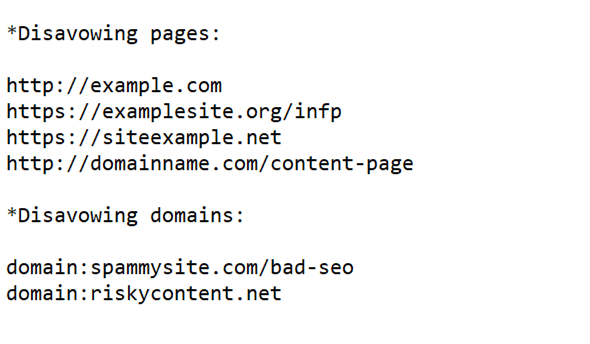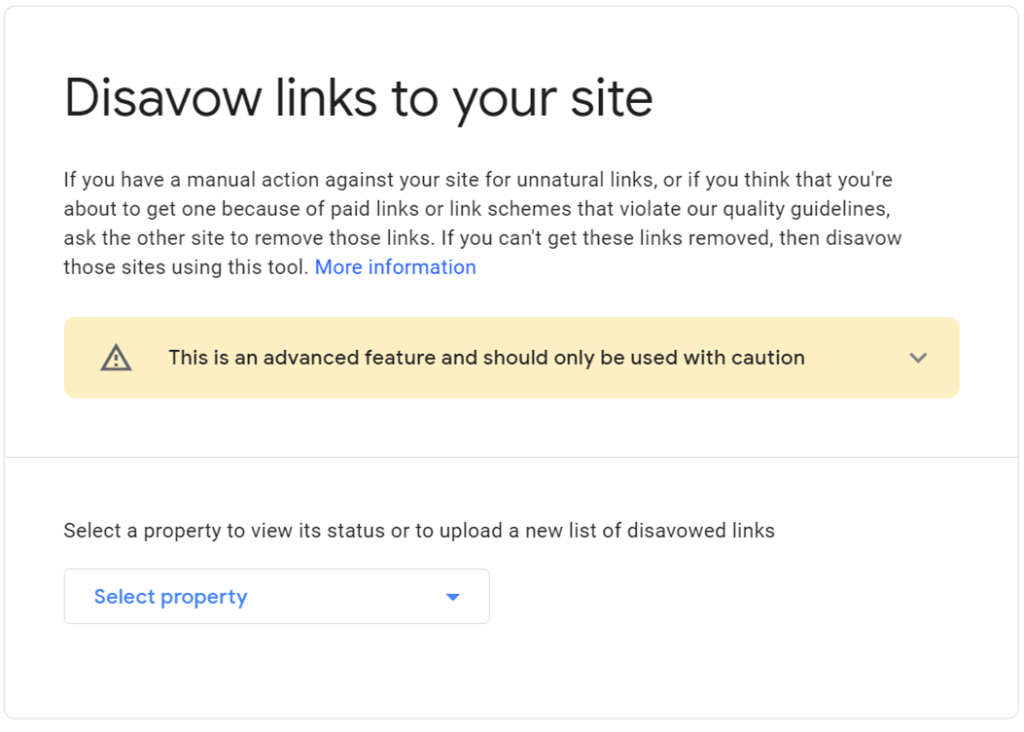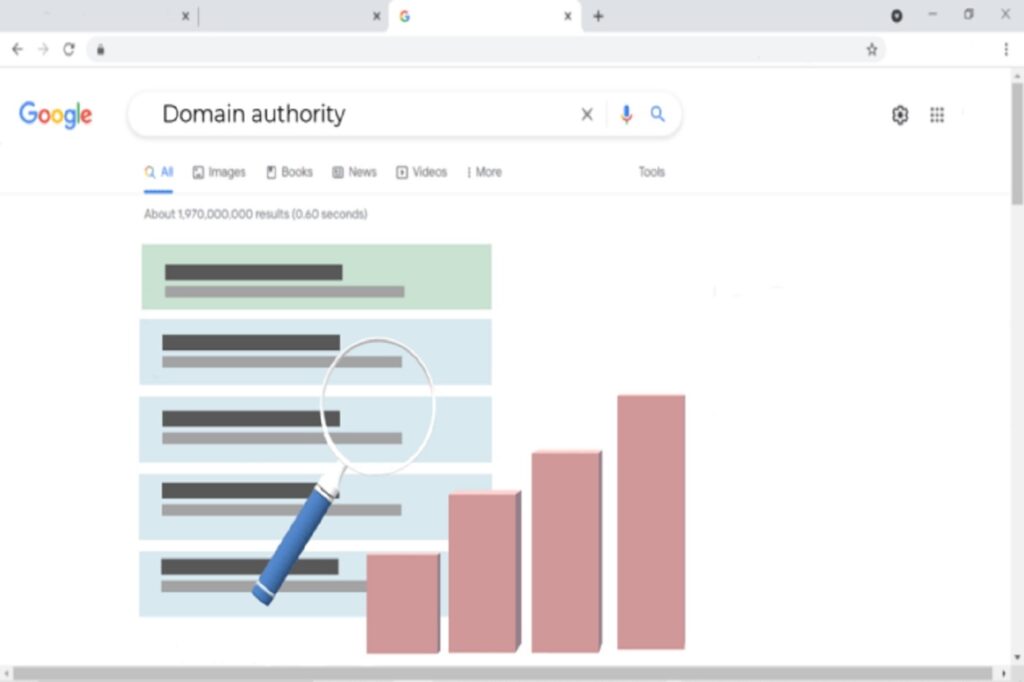What is domain authority and how does it affect your site? Domain authority (DA) is a score generated by SEO platforms. It predicts the possibility of your site ranking on search engine results pages. Your site’s DA is put together by a plethora of factors. The process involves studying a multitude of factors, like your site’s number of links, to generate your DA score. So, this score is used to see your site’s ranking potential.
How does domain authority affect my website?
To put it plainly, it doesn’t affect your site at all, nor its SEO. As a matter of fact, your site is used to determine domain authority. Factors include:
- Content quality
- General SEO performance
- Quality, quantity, and relevancy of links pointing to your website
- Social signals(likes, comments, and shares your website gets)
How do I increase my site’s DA?
You just need to increase your site’s relevance to the industry or niche your business is in. Most importantly, you must create high-quality content for your site. In fact, long-form content has a better chance of getting the attention your site needs. Once you’ve crafted this long-form content, you can take these steps to increase your site’s DA:
On-page SEO
- Choose a domain name related to your niche or industry
- Add relevant keywords to title tags, meta descriptions, and image alt tags
- Connect outbound links to relevant sites
- Don’t forget internal links to relevant pages on your site
- Make sure you have 1000-2000 words of copy on each of your cornerstone content pages
Off-Page SEO
- Stay active on Web 2.0s like Instagram, Reddit, YouTube, etc.
- Acquire relevant, high-quality back links from high-authority sites like Better Business Bureau
- Share, post, and interact on social media consistently within your niche or industry
In conclusion, the more RELEVANT content you share, create, and promote on and off your site, the higher your DA. It also helps when others share, like, and add feedback on your content too!
How long does it take to increase domain authority?
This depends on your dedication to your website’s health. For example, if your site full of spammy backlinks, it will be difficult to rank, thus slowing the process of achieving a higher domain authority.
Removing Bad Backlinks for Better Domain Authority
Before asking website and blog owners to remove any spammy links to your site, organize a list of backlinks that have high spam scores. Some examples of sites and other places you don’t want backlinks from include:
- Link directories or link farms
- Unrelated websites
- Hacked sites
- Penalized domains
- Content farms
- Fake user profiles
In some cases, Google can’t identify which links are good or bad. Although Google ignores bad links it assumes aren’t natural, it’s still a good idea to get rid of some of these links and acquire high-quality links from trusted websites.
Disavowing Backlinks
You should only disavow bad links if there is a huge amount of them AND if they’ve caused some issues on your site.
To begin the disavowing process:
- Check requirements.
Some requirements for the disavow link list includes:
1. One URL or domain per line
2. List must be a .txt file with UTF-8 or 7-bit ASCII encoding
3. 2,048 characters max URL length
4. 100,000 lines max (includes blank and comment lines)
5. 2MB max
- Make a list.
Make a list of links you want disavowed. Save it to a .txt file that you’ll upload to Google later. Example:

- Head over to the Google disavow links tool page.
Before doing so, make sure to follow Google’s instructions on how to disavow links.







